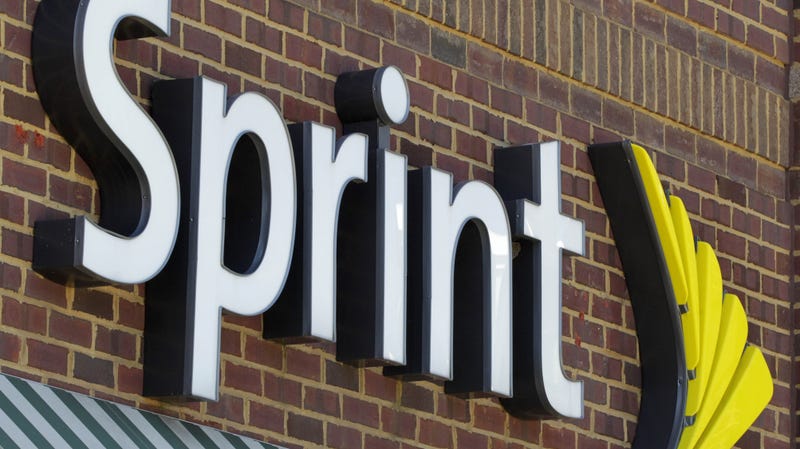 Image: Gene J. Puskar (AP)
Image: Gene J. Puskar (AP)
Sprint is about to pay heavily for its tax sins.
The New York attorney general’s office is coming down hard on the mobile carrier, who it claims engaged in deceitful tax behavior. The company, it alleged, “knowingly failed to collect and remit” state and local taxes on calling plans for almost a decade to the tune of more than $100 million. Now, the company has agreed to pay a staggering $330 million to the state as part of a settlement, according to New York Attorney General Barbara Underwood’s office.
“Sprint knew exactly how New York sales tax law applied to its plans—yet for years the company flagrantly broke the law, cheating the state and its localities out of tax dollars that should have been invested in our communities,” Underwood said in a statement. “Now, Sprint will pay the price with this record-setting settlement.”
The company wittingly violated the state’s laws, officials said, beginning in 2005 and through 2014 by neglecting to collect and pay taxes “on the portion of a flat-rate charge for a wireless calling plan” that was sold to New Yorkers. An individual surfaced Sprint’s conduct to officials in March 2011, at which time the attorney general’s office launched an investigation. Remarkably, however, Sprint allegedly continued to break the law even after the attorney general’s office launched its probe.
A spokeswoman for Sprint told Gizmodo in a statement by email that while the company “disagree[s] with the State’s characterizations, we believe resolving this matter is in the best interest of the company.”
The lawsuit was filed under the New York False Claims Act, which was signed into law in 2005 and allows individuals to bring lawsuits on behalf of the state or the U.S. where fraud is involved, according to the Wall Street Journal. The False Claims Act in New York allows whistleblowers to pocket as much as 30 percent of the recovery, and the New York attorney general’s office said the individual who helped in their investigation will walk away with a cool $62.7 million.
Underwood said the settlement “should serve as a clear reminder that the New York False Claims Act protects New Yorkers from companies that attempt to flout their obligations under New York tax law.”
[Wall Street Journal, Engaget]
Share This Story